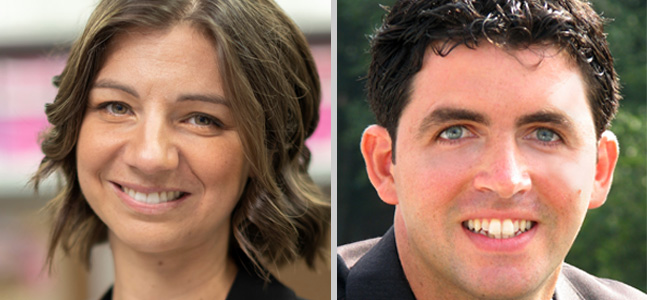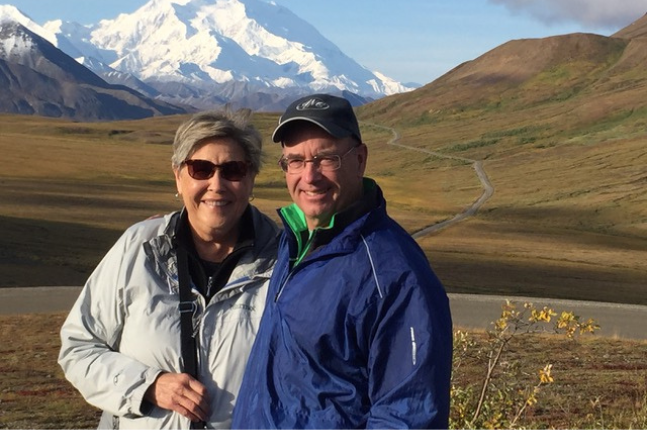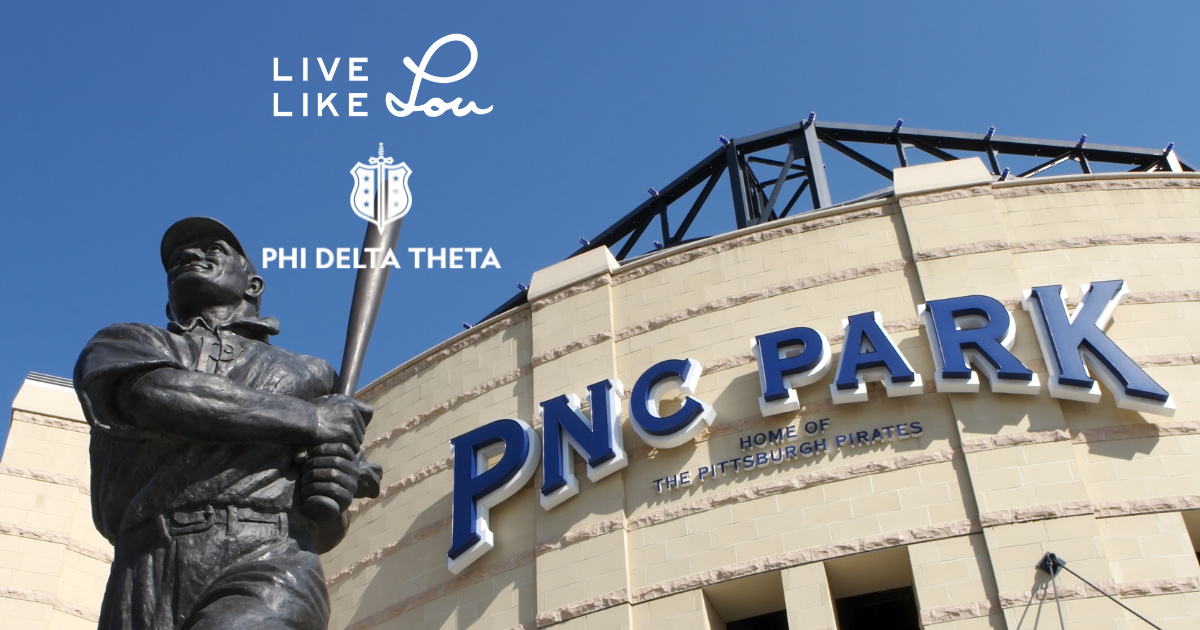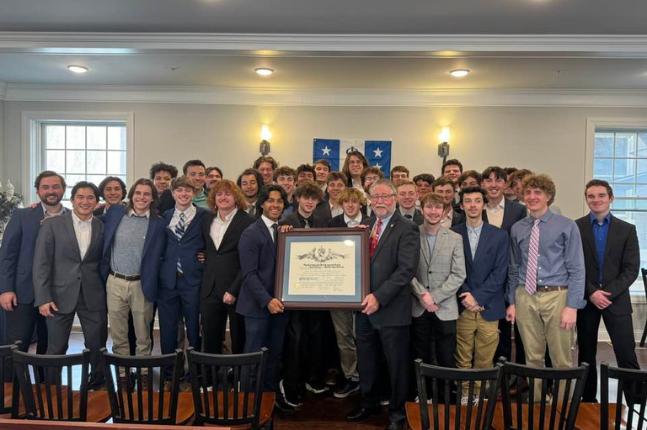New Science from Emerging Scientists at Mayo and MIT
The LiveLikeLou Foundation has announced its inaugural Career Development Award for ALS Research, supporting a first-of-its kind investigation into the complex cellular make-up of Amyotrophic Lateral Sclerosis (ALS) in the brain. The grant, valued at $150,000, is intended to support the careers of emerging scientists to help move their breakthrough ideas to the next level of large-scale funding for the fatal condition of ALS.
“ALS as we know it has been around for 150 years and we still can’t answer important questions about this insidious disease,” said LiveLikeLou Foundation Chairman WL Gray. “We can’t keep funding ALS research the way it’s always been done. And we can’t keep funding the same researchers who have been doing it. This project and these researchers give us a great opportunity to support powerful new science.”
LiveLikeLou Foundation Vice Chairman Gaylon Morris leads the Foundation’s research committee, made up of esteemed ALS research experts, who reviewed multiple applications from scientists across North America last summer. The awarded project is called “Single-Cell Multi-Omic Dissection to Identify Therapeutic Targets for ALS and FTD” and will engage two emerging scientists and their labs to study ALS and the related condition of Frontotemporal Dementia (FTD). At the conclusion of the project, the findings are expected to reveal important insights about the relationship of these two diseases and lead to more extensive brain studies focused on therapies.
Morris explained, “This is a very exciting time in scientific discovery because our ability to see what’s happening deep in the cells of the brain can be matched with our ability to apply breakthrough computer-aided mathematical analysis. Scientists can now look at ALS at a deeper resolution and begin to understand it because of the tools that are available.”

Dr. Veronique Belzil of the Mayo Clinic in Jacksonville, Florida will lead the study. Dr. Belzil is an assistant professor and associate consultant in the Department of Neuroscience, and has received multiple prestigious awards for young scientists, including awards from The ALS Association, ALS Canada/Brain Canada, and The Robert Packard Center for ALS Research at Johns Hopkins. Dr. Belzil also personally experienced the devastating effects of ALS in her own family, when a beloved uncle was diagnosed at the age of 65.
Dr. Veronique Belzil of the Mayo Clinic in Jacksonville, Florida will lead the study. Dr. Belzil is an assistant professor and associate consultant in the Department of Neuroscience, and has received multiple prestigious awards for young scientists, including awards from The ALS Association, ALS Canada/Brain Canada, and The Robert Packard Center for ALS Research at Johns Hopkins. Dr. Belzil also personally experienced the devastating effects of ALS in her own family, when a beloved uncle was diagnosed at the age of 65.
“When I saw what ALS can do to a person and to a family, I changed the direction of my career to focus on this disease,” Dr. Belzil said. “I want to be a part of the solution.”
Dr. Manolis Kellis of the Massachusetts Institute of Technology (MIT) will support the study from his bioinformatics laboratory in Boston. He is a US Presidential Early Career Awardee and has also received grants from The Alfred P. Sloan and National Science Foundations.
“A hundred years ago doctors looked at the brain as a black box,” Dr. Kellis said. “And when diseases like FTD or ALS occurred, the leading hypothesis was demons, or simply age.”
“Today we have microscopes and computational abilities to create cellular circuit diagrams of neurons across the timeline of cognitive, neurodegenerative, and psychiatric disorders. We can then use those to understand the molecular basis of these disorders, and to reveal new rational therapeutic targets,” he said, “because that’s when therapies work.”
LiveLikeLou Foundation Director Suzanne Alexander explained that the purpose of the Career Development Award is to reward collaboration of emerging scientists from different disciplines.
“A career as a researcher for ALS is tough,” she said. “It’s hard to get funding for basic science, especially when the disease is fatal. LiveLikeLou is very motivated to keep these researchers in the field, to support their outside-the-box ideas, and to encourage interdisciplinary collaborations.”
“The people who support LiveLikeLou can be very proud of this investment in ALS science. We are going to move the needle on this disease,” Alexander said.





